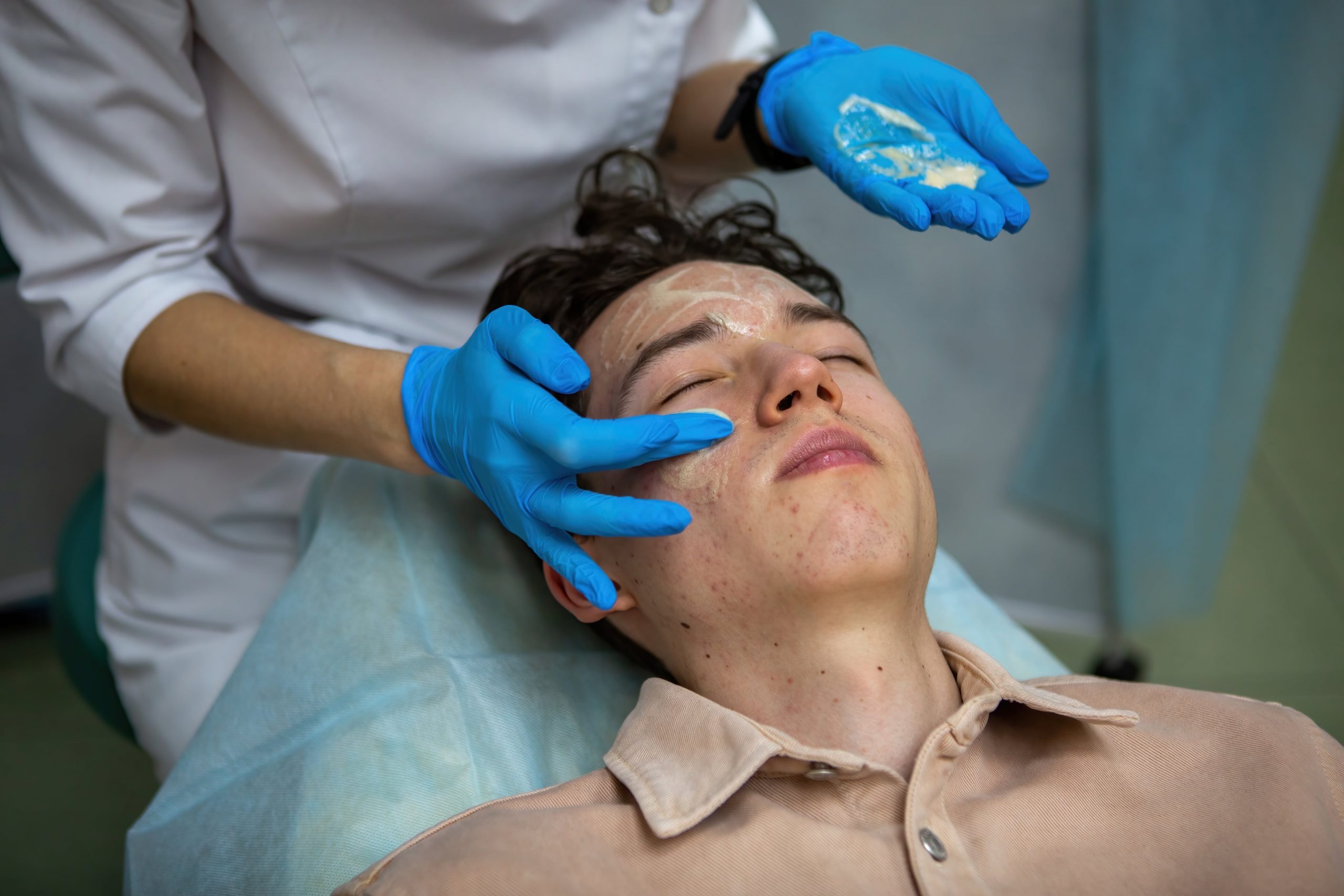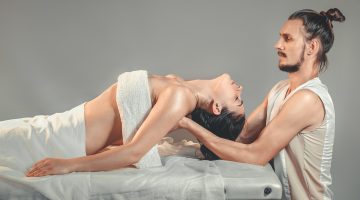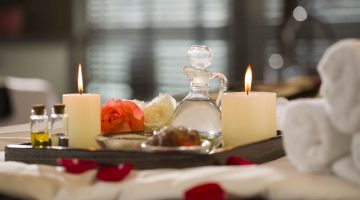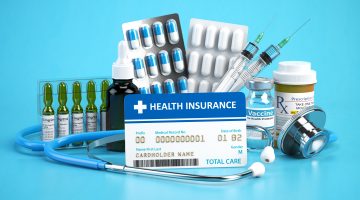
Different Treatment for Acne
Acne is a very common skin condition that affects people of all ages. There are many different treatments for acne, and the best one for you will depend on your individual circumstances.
If you have mild acne, you may be able to treat it with over-the-counter (OTC) medications. These include gels, creams, and lotions that you can apply to your skin. Some OTC acne products contain ingredients like benzoyl peroxide or salicylic acid, which can help to kill bacteria and dry up pimples.
If your acne is more severe, you may need to see a dermatologist for prescription medication. Prescription options include gels, creams, lotions, oral antibiotics, and birth control pills. Birth control pills can be an effective treatment for women with hormonal acne. The pill helps to regulate hormones, which can reduce the amount of oil produced by the skin and prevent breakouts.
If you have severe acne that is resistant to treatment, you may need to consider isotretinoin (Accutane). This is a powerful medication that is taken orally. It can cause serious side effects, so it is only recommended for people with very severe acne that has not responded to other treatments.
No matter what treatment you use, it is important to be patient. Acne can take several weeks or even months to clear up. In the meantime, there are a few things you can do to help manage your breakouts:
Wash your face twice a day with a gentle cleanser. Avoid scrubbing your skin too hard, as this can irritate the skin and make breakouts worse.
Apply an OTC acne gel or cream as directed.
Avoid picking at or squeezing pimples, as this can cause permanent scarring.
If you wear makeup, make sure to choose oil-free products and remove your makeup before going to bed.
Acne is a common skin condition that affects people of all ages, but there are many different treatments available. The best treatment for you will depend on the severity of your acne and your individual circumstances. With patience and care, you can clear up your acne and enjoy healthy, beautiful skin.
What are the types of acne treatment?
Acne is a skin condition that is characterized by the presence of blackheads, whiteheads, and/or pimples. Acne can occur on the face, neck, chest, back, and/or shoulders. Acne is most common in adolescents and young adults, but it can occur at any age. There are a variety of acne treatments available, including over-the-counter (OTC) and prescription medications.
The first step in treating acne is to identify the type of acne you have. The four main types of acne are:
1. Blackheads: Blackheads are small, dark-colored bumps that form when a clog develops in the opening of a hair follicle. The clog is made up of sebum (an oily substance produced by the body), dead skin cells, and bacteria. When the clog is exposed to air, it turns black or dark brown. Blackheads are not caused by dirt and cannot be removed by washing with soap and water.
2. Whiteheads: Whiteheads are small bumps that form when a clog develops in the opening of a hair follicle. The clog is made up of sebum, dead skin cells, and bacteria. Whiteheads are different from blackheads because they are closed at the surface of the skin.
3. Pimples: Pimples are small bumps that form when the sebaceous glands (oil-producing glands) become plugged with sebum and dead skin cells. The bacteria that are normally present on the skin can also cause inflammation in the pimple.
4. Cysts: Cysts are large, pus-filled bumps that form deep within the skin. They are often painful and can cause scarring.
Once you have identified the type of acne you have, you can then select an appropriate treatment. OTC treatments are often effective for mild acne. For moderate to severe acne, prescription medications may be necessary. The most common types of prescription medications used to treat acne include:
1. Antibiotics: Antibiotics work by killing the bacteria that cause acne inflammation. They are available in both topical (applied to the skin) and oral (taken by mouth) forms. Common antibiotics used to treat acne include clindamycin and erythromycin.
2. Birth control pills: Birth control pills can be effective in treating acne in women by decreasing the production of sebum. Oral contraceptives that contain both estrogen and progesterone are typically most effective in treating acne.
3. Isotretinoin: Isotretinoin is a powerful medication that is used to treat severe, recalcitrant acne. It is available in pill form and must be taken with food. Common side effects of isotretinoin include dryness of the skin and mucous membranes, increased sensitivity to sunlight, stomach upset, and nosebleeds.
If you have tried OTC treatments for your acne with no success, or if you have moderate to severe acne, make an appointment with a dermatologist or other healthcare provider who specializes in treating skin conditions.
Which treatment is best for acne?
Acne is a very common skin condition that affects people of all ages. There are many different treatments for acne, but which one is the best?
There are a few different things to consider when choosing a treatment for acne. The first is the severity of your acne. If you have mild acne, you may be able to treat it with over-the-counter products. If you have moderate or severe acne, you will likely need a prescription medication.
The second thing to consider is your skin type. If you have oily skin, you may benefit from a treatment that dries out the skin. If you have dry skin, you may need a moisturizing treatment.
The third thing to consider is your budget. There are many expensive acne treatments on the market, but there are also some cheaper options.
No matter which treatment you choose, it is important to be consistent with your treatment plan. Acne is a condition that takes time to treat, so don’t get discouraged if you don’t see results immediately. With time and patience, you can clear up your skin!




